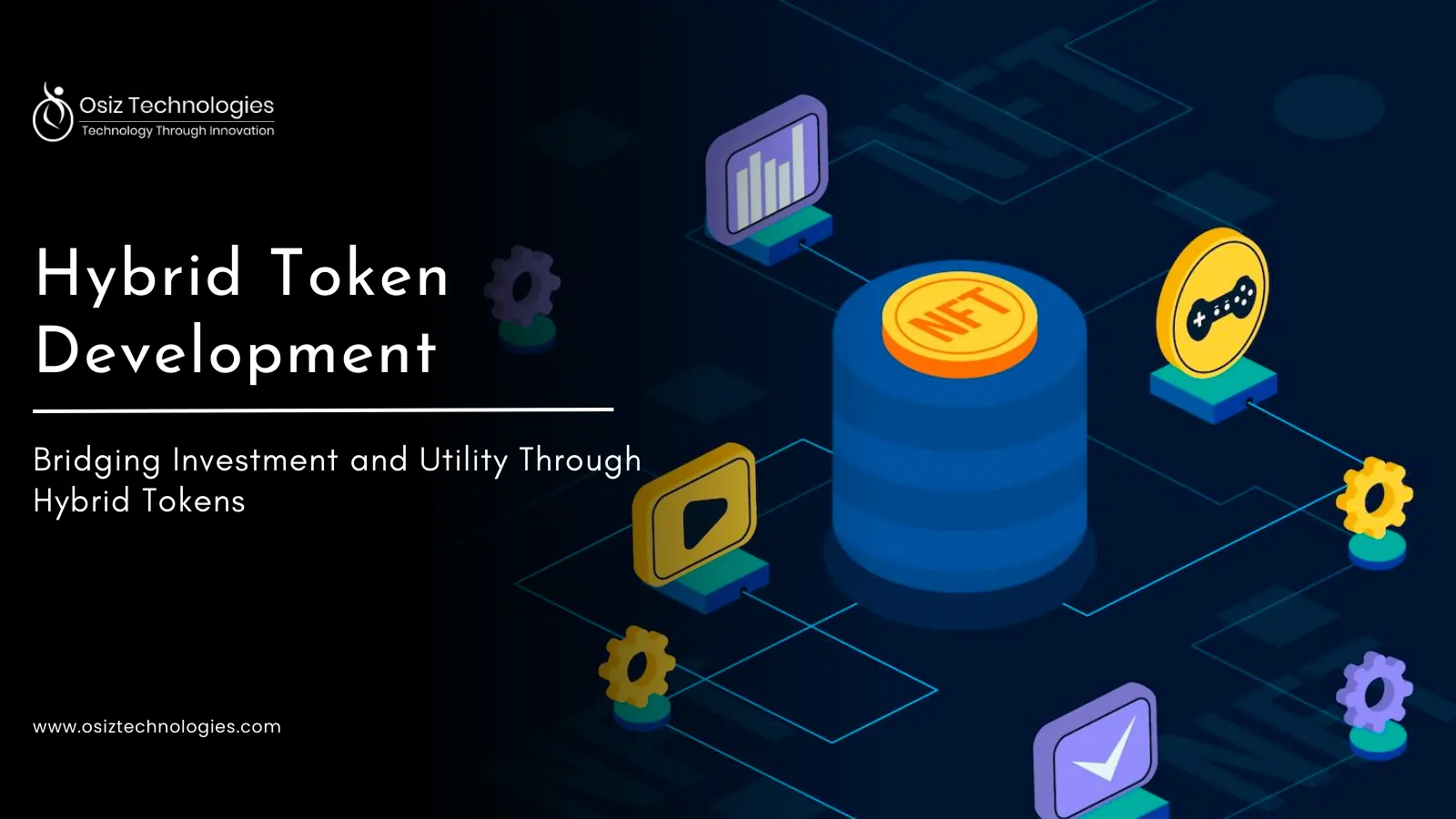On-demand apps dominate various sectors, offering convenience, speed, and quality. One of the most promising sectors benefiting from this model is car rental. Apps like Ekar have revolutionized the Middle Eastern car rental market, providing seamless self-drive mobility options. Developing a similar app involves significant investment and effort, ranging from $20,000 to $300,000. This blog explores the key factors influencing these costs while highlighting the business model behind Ekar’s success.
The Ekar Business Model
Ekar, launched in 2016, is one of the Middle East's largest self-drive mobility platforms. It operates on a pay-as-you-drive model, allowing users to pay by minute, hour, day, week, or month for short-term car sharing or long-term leasing. Users can access thousands of vehicles through the app, making it an efficient and popular choice for urban mobility. Ekar’s focus on bridging gaps in the car-sharing industry has garnered over $17 million in investments, making it a benchmark in the on-demand car rental sector.
Cost of Developing an App like Ekar
Developing an app like Ekar depends on various factors, such as the app’s features, platforms, tech stack, and team structure. The cost also fluctuates based on the location and hourly rates of developers.
- MVP Development: The cost of a minimum viable product (MVP) covers essential features and ranges between $20,000 and $100,000.
- Advanced Features: Integrating sophisticated features and functionalities can push the cost up to $300,000 or more.
Key Factors Influencing Development Costs
1. Features of the App
Features determine the app's usability and functionality. The app must cater to three primary audiences: passengers, drivers, and administrators.
- For Passengers: Two-factor authentication, ride customization, live vehicle tracking, multiple payment gateways, and quick trip-matching algorithms.
- For Drivers: Profile accreditation, route optimization, language settings, and earning history tracking.
- For Admins: Interactive dashboards, content management, revenue tracking, vehicle management, and bonus systems.
- Advanced features like in-app camera access and CRM integration can further enhance the app’s appeal.
2. Tech Stack
A cutting-edge tech stack ensures the app’s scalability and efficiency. This includes:
- Real-time Analytics: Apache Flink, BigData
- Database: MongoDB, Postgres
- Payments: Stripe, PayPal
- Cloud Services: AWS, Google Cloud
- Push Notifications: Twilio, Push.io
3. Team Structure
A competent development team is critical. A typical team comprises:
2-3 Android and iOS developers
1 UI/UX designer
1 project manager
2 QA specialists
4. Location and Hourly Rates
Developer rates vary globally:
- US: $150–$250/hour
- Europe: $120–$180/hour
- India: $40–$80/hour
Steps to Develop a Car Rental App
- Find a Niche: Define your target audience and unique selling points.
- Market Analysis: Research competitors, legal requirements, and customer preferences.
- Choose a Development Partner: Opt for a reliable app development company.
- Build an MVP: Focus on core features to gather user feedback.
- Iterate and Improve: Enhance the app based on feedback and market trends.
Conclusion
While developing an app like Ekar requires a substantial investment, it offers immense opportunities in the growing car rental industry. A well-planned approach and the right features can ensure your app’s success in this competitive market. Partnering with Osiz, the leading app development company makes your app the most successful one in the market.
Listen To The Article












